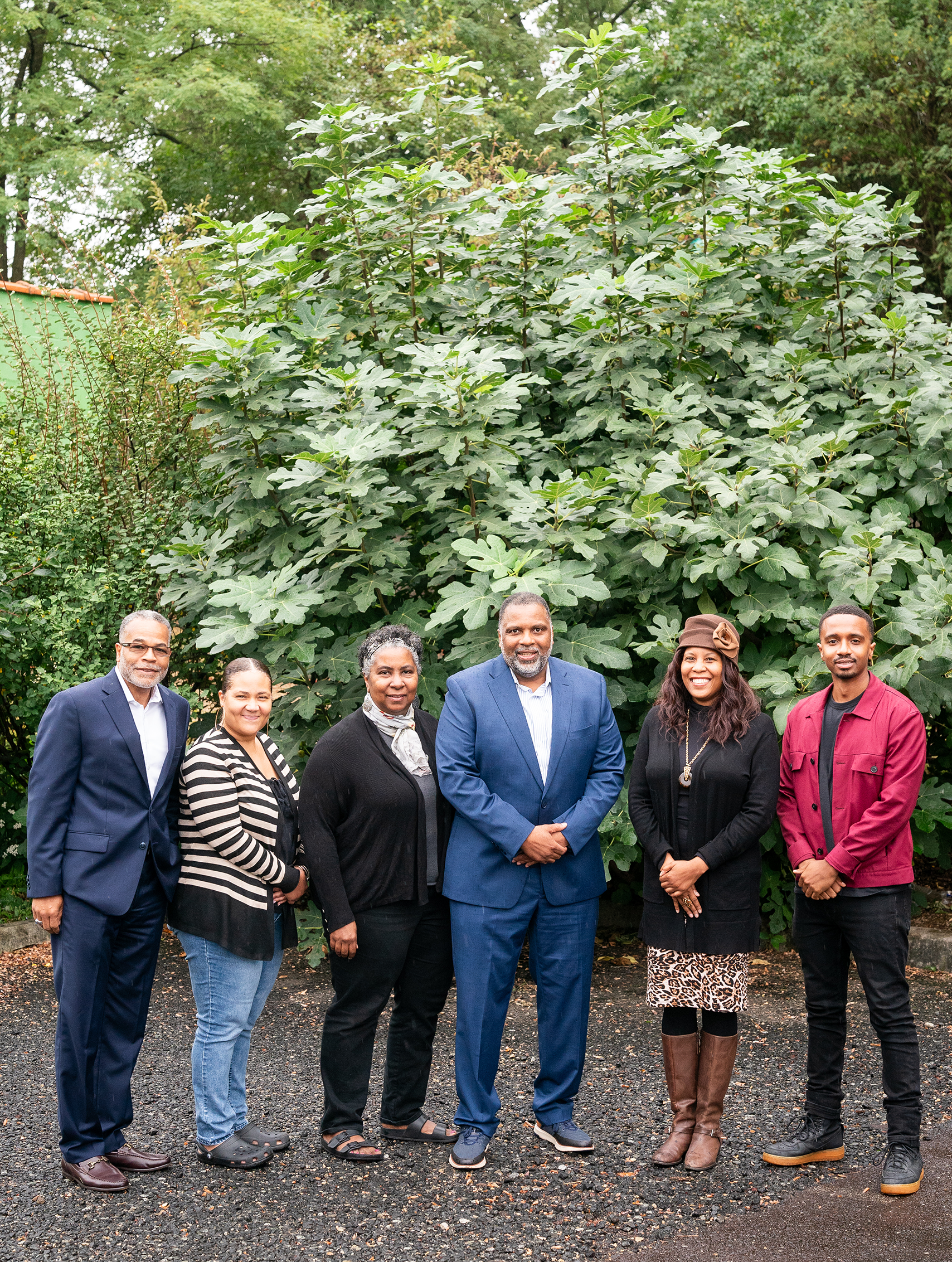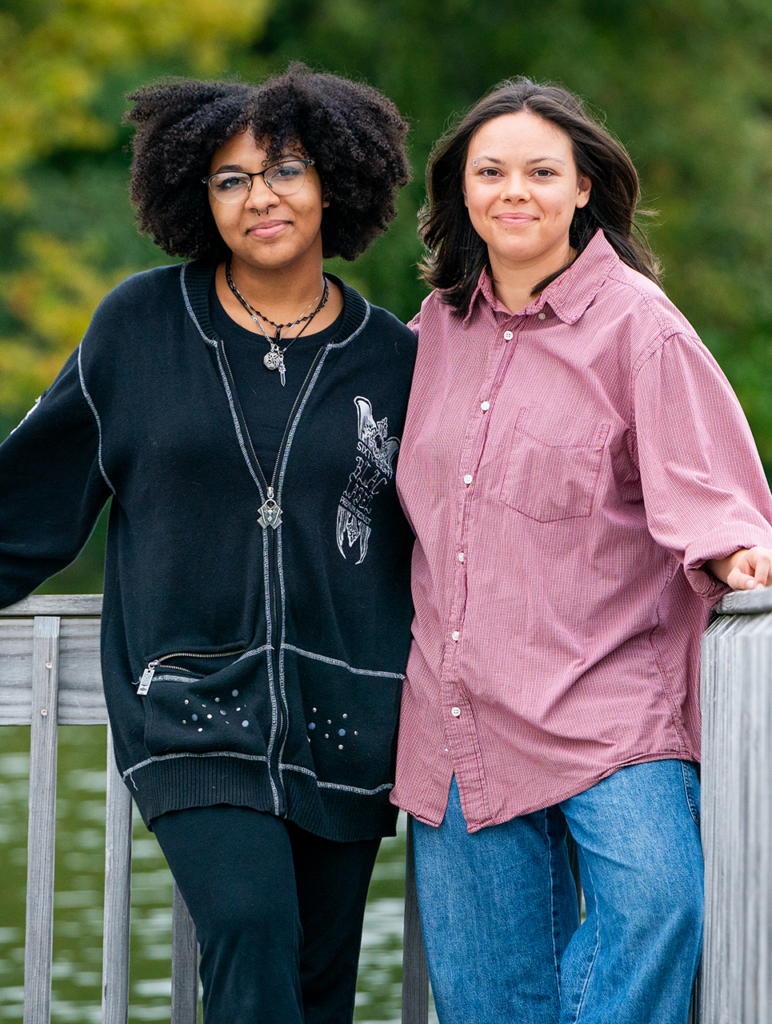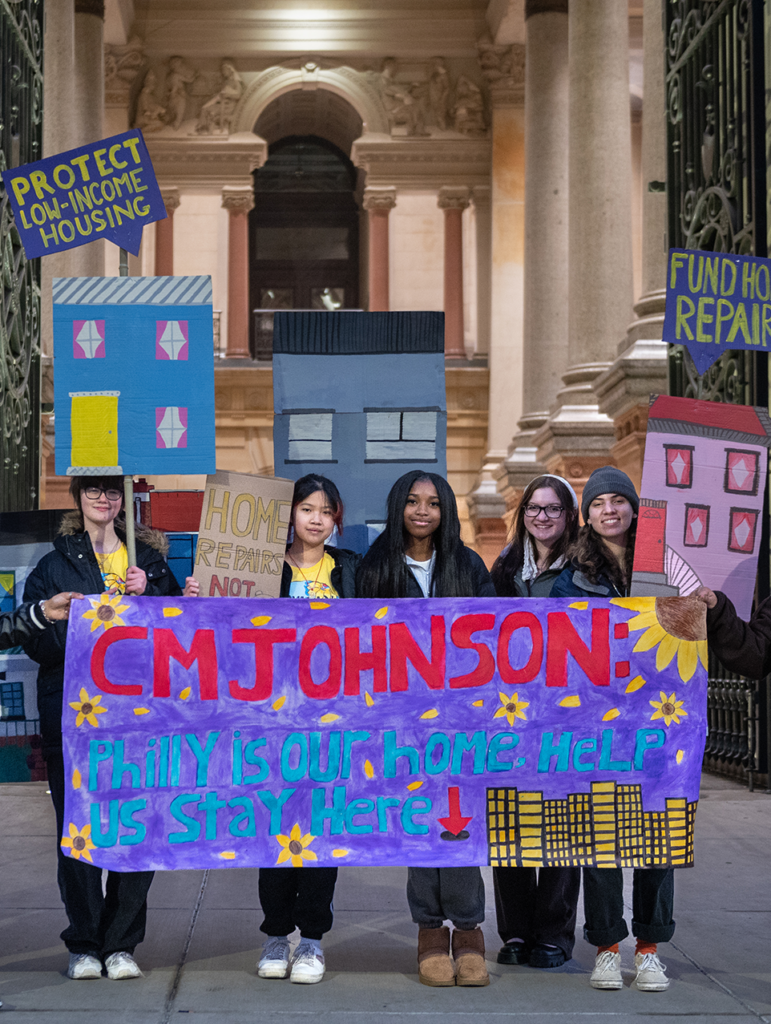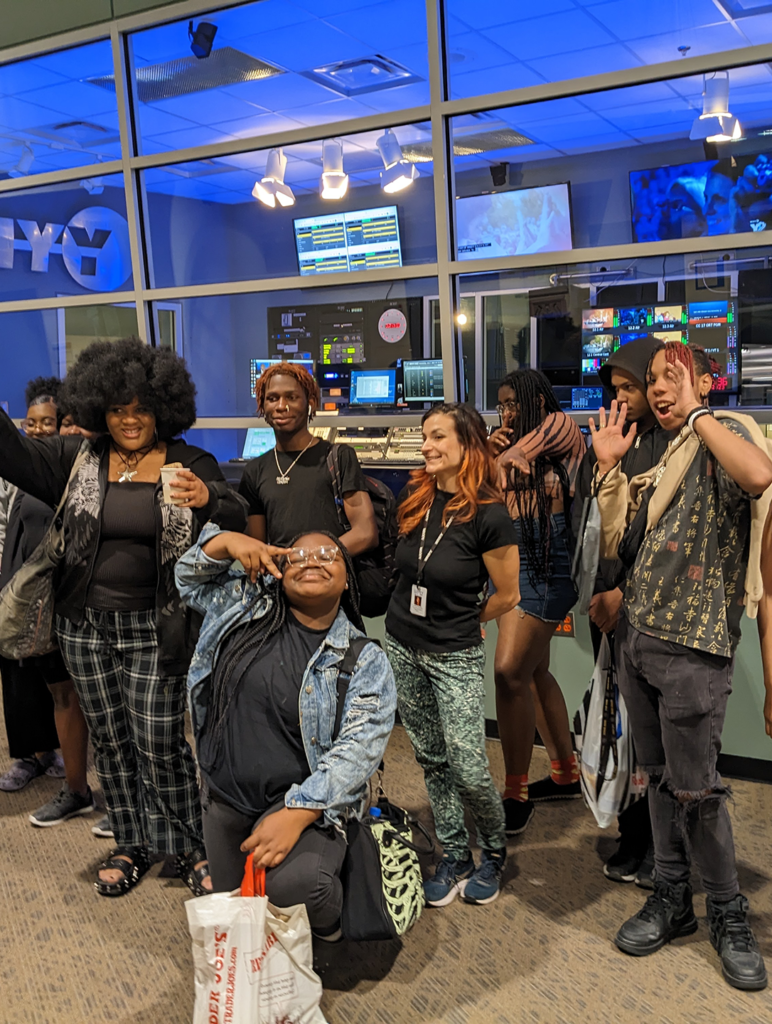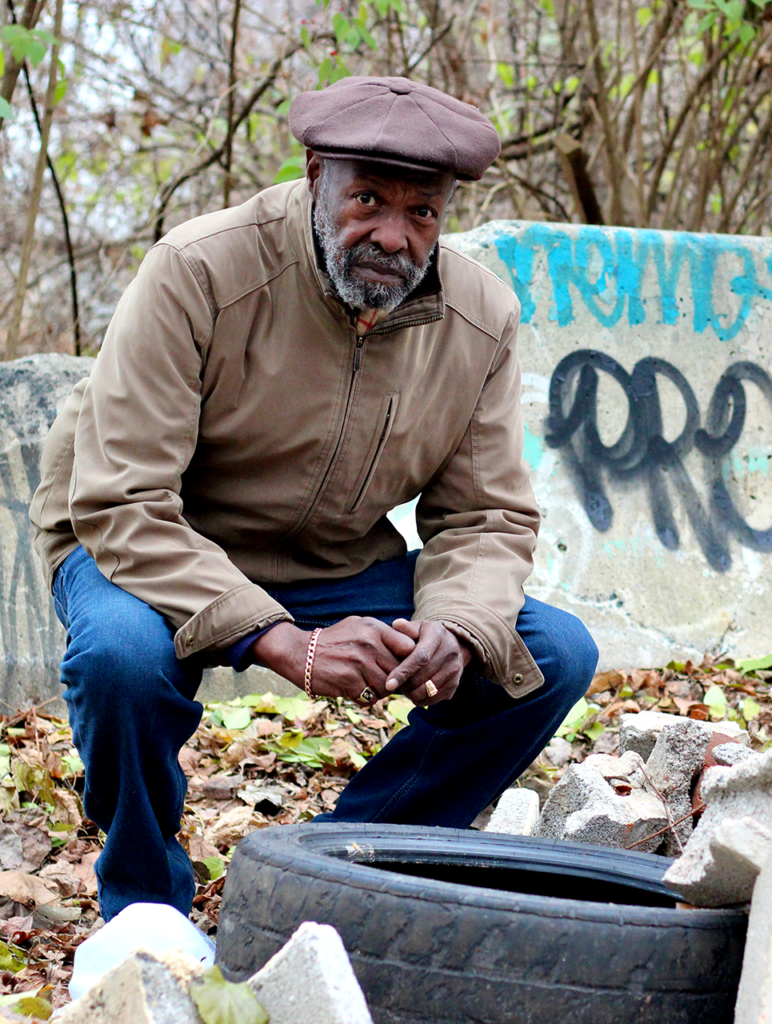As a child, Jerome Shabazz saw his father transform a vacant lot into a neighborhood garden that produced enough fresh fruit and vegetables to feed their whole North Philadelphia block. “It was just incredible,” says Shabazz, now the executive director of Overbrook Environmental Education Center, located at 6134 Lancaster Avenue in West Philly.
Through his leadership at the organization, Shabazz helps community members who have an environmental project — just like his father’s garden — connect to grant opportunities to fund their work.
The Overbrook Environmental Education Center is currently part of a national, five-year program in which local partners provide technical assistance, training and capacity-building support to community groups so they can get grants to fund their environmental justice projects. The program, launched in April 2023, is specifically focused on reaching low-income and marginalized communities.
“This is one of the programs that’s very intentional in terms of reaching the common folk,” Shabazz says.
Through the Environmental Justice Thriving Communities Technical Assistance Centers Program (EJ TCTAC), 17 organizations across the country have received $177 million to assist community groups and nonprofits as they apply for, receive and manage federal grants. Overbrook Environmental Education Center is one of 10 hubs under the National Wildlife Federation in Virginia, the technical assistance center for the Mid-Atlantic region.
“This gives people an opportunity to create a more sustainable approach to that work by giving them the tools to get resources, pay for staff, tools and other kinds of infrastructure to keep those initiatives going,” Shabazz says.
Overbrook Environmental Education Center offers support to the Greater Philadelphia area and part of Wilmington, Delaware. The first year of the program has been focused on building capacity to serve as a hub, Shabazz says, while reaching out to local agencies and community members to educate them about the TCTAC program.
“We think the initial period has been helpful in developing our framework and trying to get the talent and the resources and the structures necessary,” he says.
We’re absolutely showing you how to build your rod so you can go out and fish. We can’t fish for you.”
— Jerome Shabazz, Overbrook Environmental Education Center
The next phase of the program will start with the Thriving Communities Symposium on October 17-19 at the Academy of Natural Sciences of Drexel University and Moore College of Art & Design.
The symposium will offer workshops, speakers, a vendor fair and a bus tour to visit two Philadelphia communities that have successfully leveraged federal resources to transform the environmental and climate conditions of their neighborhoods.
After the symposium, Overbrook Environmental Education Center will officially begin working with residents and nonprofits. That work may include providing training for writing grant proposals, navigating federal systems and effectively managing funds. It could also be connecting groups with relevant agencies or facilitating community engagement opportunities.
“We’re absolutely showing you how to build your rod so you can go out and fish,” Shabazz says. “We can’t fish for you.”
Individuals or groups interested in working with Overbrook Environmental Education Center can begin the intake process online at the National Wildlife Federation’s web portal or by calling 202-792-5350 or 1-800-757-1405.
For nonprofits, Overbrook Environmental Education Center will provide more specialized assistance, such as helping them better understand the department or agency they’re applying to for funding. With neighborhood groups, assistance may be helping them navigate the grant application process without all the registration numbers a 501(c)(3) would have.
“Traditionally, money flows to large organizations that then go in and deliver on trying to address those needs,” says Maurice Baynard, vice president of community learning at the Academy of Natural Sciences. “So this tries to empower smaller, community-led organizations to both understand the concerns, have a data-driven approach and have them involved in the process.”
Baynard says the Environmental Justice Thriving Communities Technical Assistance Centers Program helps deliver on President Joseph Biden’s Justice40 Initiative — a goal that 40% of benefits from certain federal climate, clean energy and other investments flow into communities that are underinvested in and overburdened by pollution.
TCTAC assistance makes it easier for money to flow directly into these communities, Baynard says.
“While expertise is needed, it has to be in conversation with communities — and that’s not simply showing up once solutions have been figured out and implementation is underway and putting up posts telling communities this is what’s happening,” he says.
Baynard says the infusion of federal funds into the region as a result of TCTAC assistance must only be the beginning for sustainable environmental justice work. Private philanthropic funding will be essential for the long run, he adds. “Resources are important, but resources alone won’t move the needle. What the region really needs is collaboration,” he says.
Roosevelt Sanders, president of Overbrook Environmental Education Center’s board of directors, says Shabazz is apt to lead an initiative focused on collaboration, calling him a “connector” who brings people and resources together.

Shabazz, who worked at the Philadelphia Water Department for two decades, founded the Overbrook Environmental Education Center in 2006 out of a partnership he formed with Overbrook High School, where he taught students about the environment through project-based learning and using the city as a classroom.
Shabazz began remediating an EPA brownfield site and continued educating students. Today, Overbrook Environmental Education Center has several environmental and educational initiatives, such as a community air monitoring project and work development program for young people. As he’s led Overbrook Environmental Education Center over the last 18 years, Shabazz has also become an environmental justice leader both locally and nationally. He’s an inaugural member of Philadelphia’s Environmental Justice Advisory Council and co-chairman of the EPA’s National Environmental Justice Advisory Board. This past summer he participated in the first White House Summit on Environmental Justice in Action.
He’s become a “go-to” person for government officials or universities looking for advice on environmental strategies, Sanders says. Now, Overbrook Environmental Education Center is also a “go-to,” but for community members looking for support with their environmental justice projects.
“We are a demonstration of what it looks like to work through the process and to get some measure of success,” Sanders says. “You can get to a place where you can actually put things into action and make change.”


